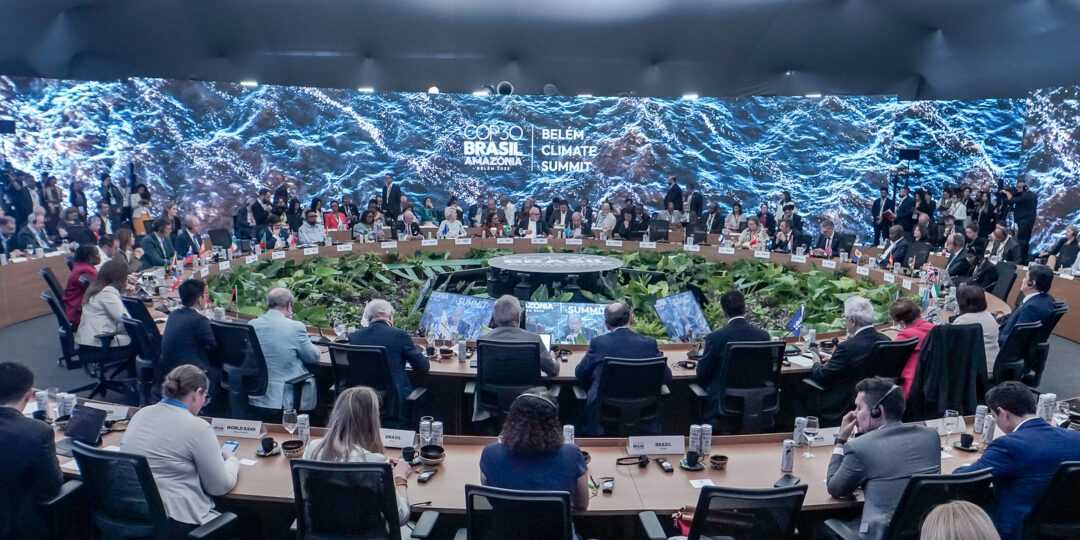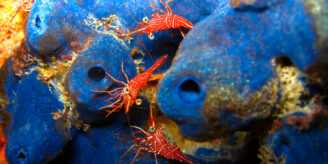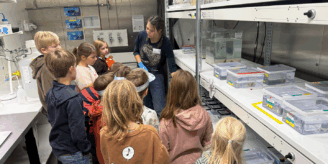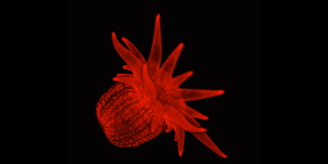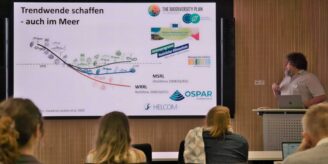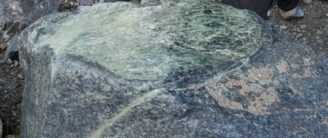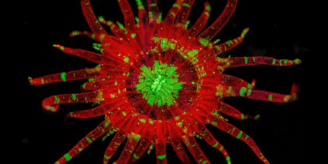From tooth fish to food webs, from molecular genetic tools to underwater acoustics: dive into our current research
Topics
HIFMB at COP30 – BioAgora: Bringing Ocean Science to Policy
At COP30 in Belém, Brazil, Dr. Josie Antonucci di Carvalho from the Helmholtz Institute for Functional Marine Biodiversity (HIFMB) will highlight Europe’s efforts to bridge science and policy for marine biodiversity.
Did you know?
Unicellular plankton covers a size range that is comparable to the size difference between a small fish and a city like Oldenburg.
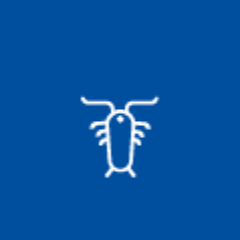
Global Biodiversity Targets Catch Up with Science
The recently adopted Montreal-Kunming Global Biodiversity Framework (GBF) marks a significant step forward in aligning global policy with scientific understanding of marine biodiversity. This is the result of a newly published study, that reviewed the marine biodiversity literature of the United Nations Decade on Biodiversity to assess whether the GBF’s targets reflect the complexity of marine life and improve upon the previous Aichi Targets.
Diving in with “Die Maus”
“What do I have to study to work here?” a girl of about ten asks me, and I’m absolutely delighted, because it seems we’ve achieved what we set out to do: to show how exciting marine research can be and how much joy we find in it.
Explore the Cellular Origins of Photosymbiosis
We are excited to announce several new job opportunities in the Photosymbiosis Research Group at the Helmholtz Institute for Functional Marine Biodiversity (HIFMB).
“Faktencheck Artenvielfalt” – and then?
In October 2024 the first Germany wide biodiversity assessment “Faktencheck Artenvielfalt” was published. The HIFMB led the writing process of the chapter on status and changes of coastal and marine biodiversity, their drivers and consequences, as well as options and needs for action to improve its status. The assessment compiled information and data from numerous …
Hiking the Ancient Ocean Crust – Reflections on a Geological Excursion to the Tauern Window
The international seabed is the ‘common heritage of mankind’ (or humankind). In principle then, it your heritage, and mine. It is a place, as global citizens, we have rights to. But is it somewhere we can actually access? How can we enact our rights to the seabed?
Photosymbioses: A Coincidence of Evolution?
The new working group “Photosymbiosis” investigates the coexistence of host animals and algae – the European Research Council provides funding of 1,489,000 euros
